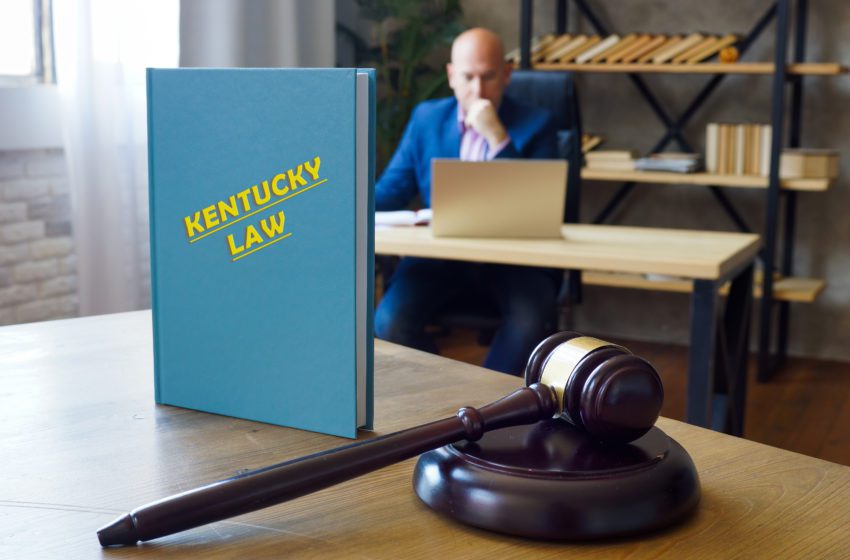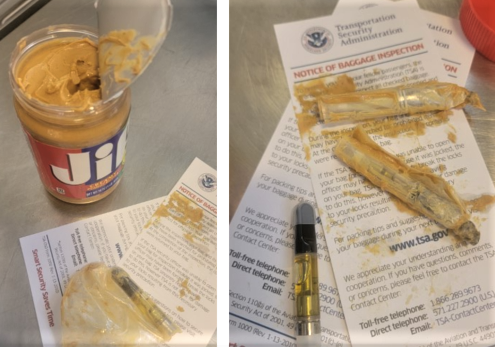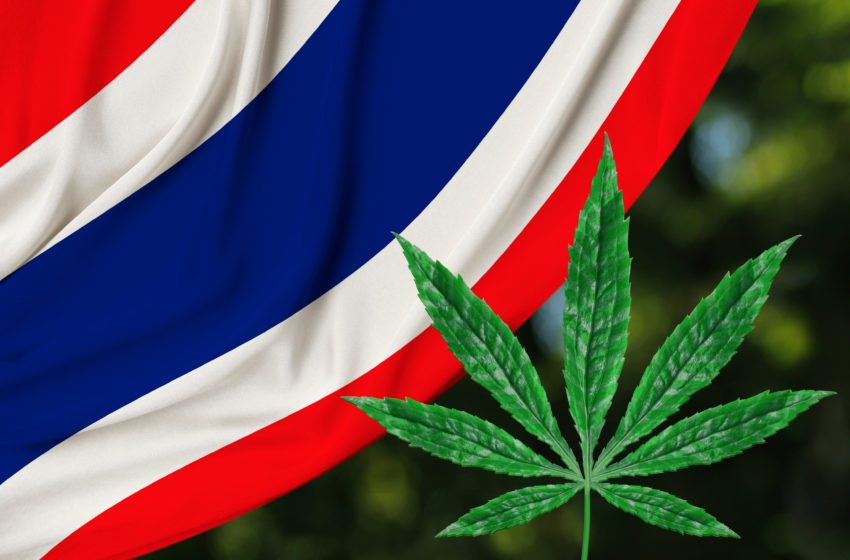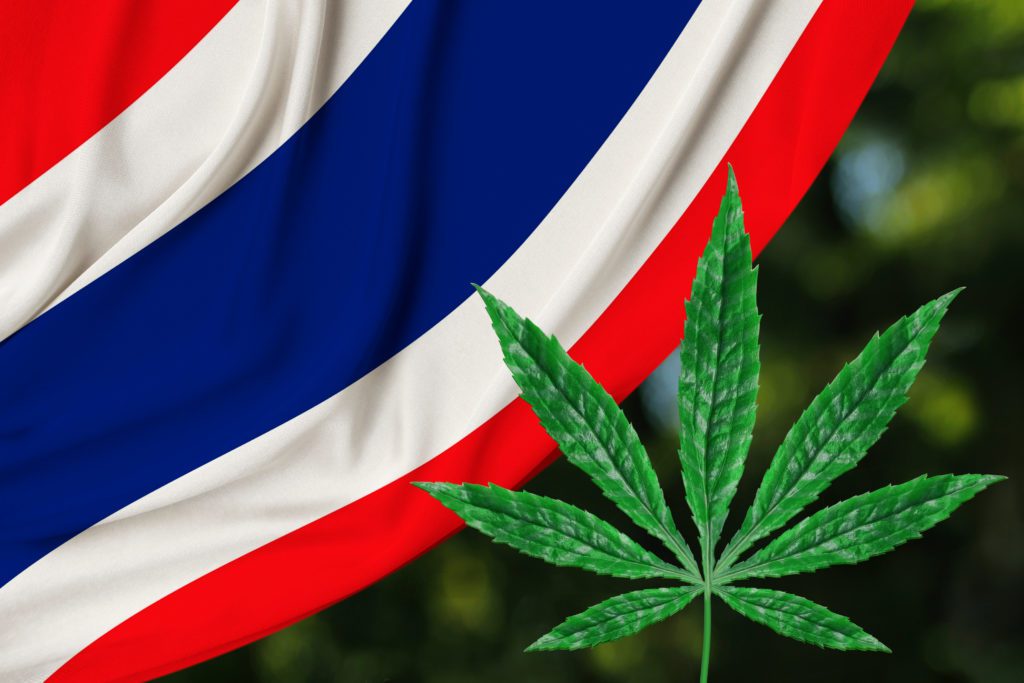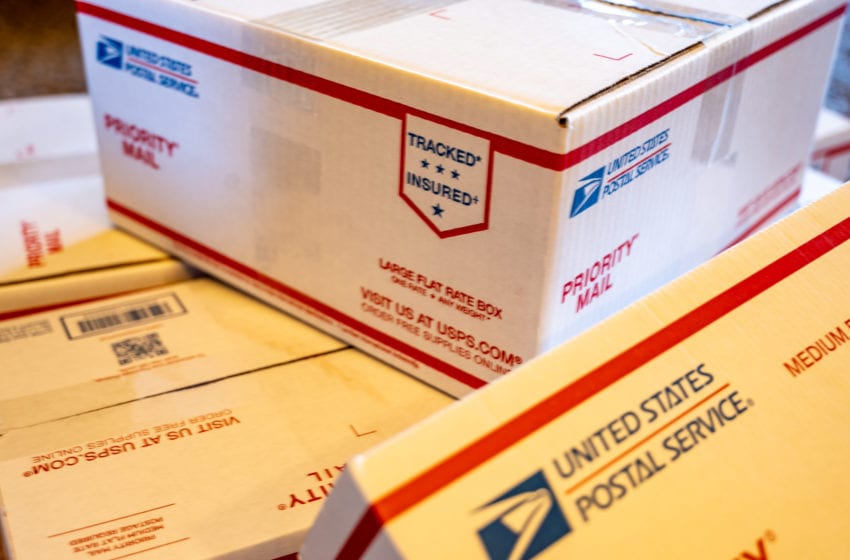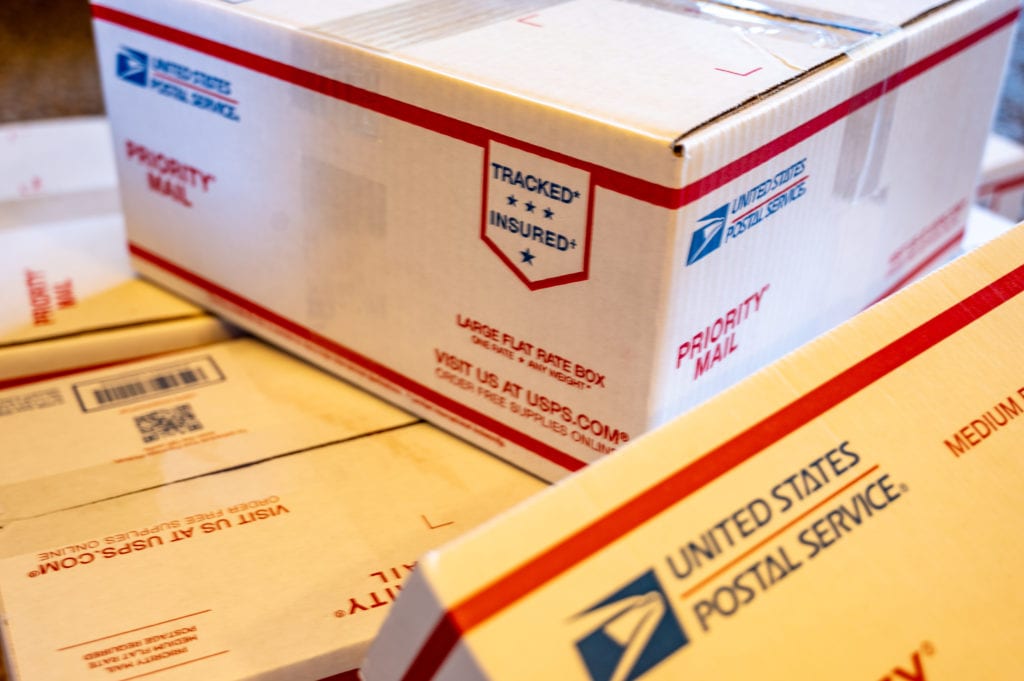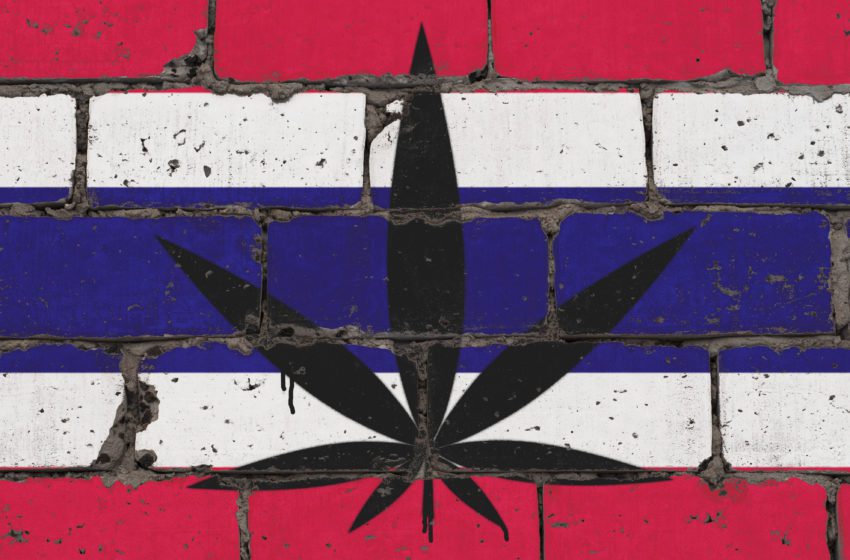By Agustin Rodriguez, Chris Carlson & Christina Sava
This article was first published on the Troutman Pepper blog, Regulatory Oversight
On June 23, the Virginia and Nevada attorneys general sent a letter on behalf of a bipartisan coalition of 23 state attorneys general, expressing concern about edible products containing tetrahydrocannabinol (THC) sold in packaging to look like popular snacks and sweets.
Before Halloween 2021, a number of these same attorneys general warned parents about many of the same “copycat” products, with New York Attorney General Letisha James declaring: “[T]hese unregulated and deceptive cannabis products will only confuse and harm New Yorkers, which is why they have no place in our state.”
Background
A patchwork of regulatory approaches to cannabis and THC has been adopted and enacted across the United States. Further, the advent of Delta-8 THC products, following the legalization of hemp production under the 2018 Farm Bill, has resulted in additional regulatory differences between states. The June 23 letter acknowledges these differences, while also sharing a core concern for youth health: “The undersigned Attorneys General do not all agree on the best regulatory scheme for cannabis and THC generally, but we all agree on one thing: copycat THC edibles pose a grave risk to the health, safety, and welfare of our children.”
The group cites specific examples of youth unknowingly ingesting such edibles and having to seek medical attention, while also noting that “[i]n the first half of 2021, the American Association of Poison Control Centers reported poison control centers received over 2,622 calls for services related to young children ingesting cannabis products.”
What Are These Products?
The letter indicates that the products are sold through e-commerce platforms — websites advertising Cannaburst and Stoner Patch Dummies, which are not hard to find.
It is not entirely clear whether the attorneys general refer specifically to hemp-derived THC products, such as Delta-8, Delta-10, and even Delta-9 THC products sold outside of regulated dispensaries in most states but legally protected under federal law (read about that here), or whether they refer to federally-illegal marijuana products sold in contravention of state law. Nor is it clear from visiting one of the websites selling these products whether they contain hemp-derived or marijuana-derived THC.
The attorneys general admit that one would not find these products in a regulated dispensary, as most states already prohibit packaging that mimics popular snacks or potentially attractive to children. They also noted that these products often contain far more THC than typically allowed to be sold in state-regulated cannabis products.
What Actions Do AGs Want the Federal Government To Take?
The appropriate solution to this issue remains to be seen. The coalition wrote the letter to U.S. House and Senate leadership because it believes that Congress can remedy the situation by “immediately enact[ing] legislation authorizing trademark holders of well-known and trusted consumer packaged goods to hold accountable those malicious actors who are using those marks to market illicit copycat THC edibles to children,” or at least “think creatively for potential solutions to this growing public safety issue.” The trademark legislation fix likely refers to a gap in existing law identified by the Consumer Brands Association (CBA) as aiding the proliferation of such copycat products. According to a letter sent by CBA to Congress earlier this year, the SHOP SAFE Act, which aims to combat the sale of unsafe counterfeit products by incentivizing e-commerce platforms to engage in best practices for screening and vetting sellers and products, should be amended to hold the e-commerce platform contributorily liable in a civil action against an infringer that uses a famous, and not just counterfeit, mark. The definition of “counterfeit,” they argue, is not broad enough to capture these activities.
It’s important to note that if the products are indeed made with hemp-derived THC, then they are technically legal under federal law, hence the focus on trademark violations as an enforcement pathway.
What Options Do States Have?
The state AGs’ approach aligns with recent AG letters, stressing the importance of establishing a “cooperative federal-state partnership” that strikes the right balance to avoid “both under and overregulation.”
In the tobacco context, some states have passed and enforced online sales bans of electronic nicotine delivery systems (ENDS). They could similarly pass bans of online sales of such copycat products or products that violate their hemp-product standards where they exist. In addition, the state AGs could undertake enforcement actions on the grounds that these sales constitute unfair and deceptive sales practices. It remains to be seen, however, whether the actors behind these websites can be successfully identified and held accountable.
All attorneys with Troutman Pepper, Agustin Rodriguez is a seasoned business counselor to regulated consumer products companies, Chris Carlson represents clients in regulatory, civil and criminal investigations and litigation, and Christina Sava brings years of experience representing clients in highly-regulated industries, such as tobacco and cannabis.

